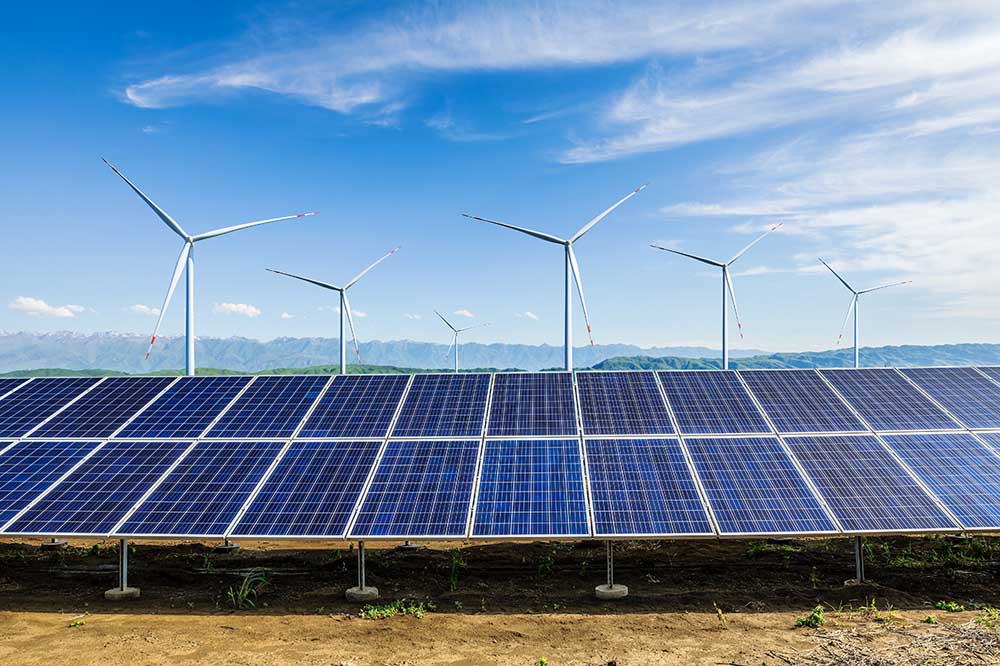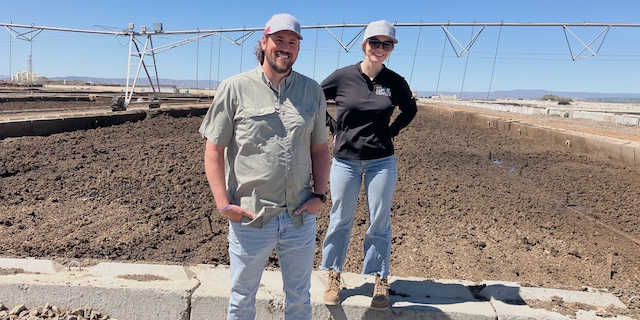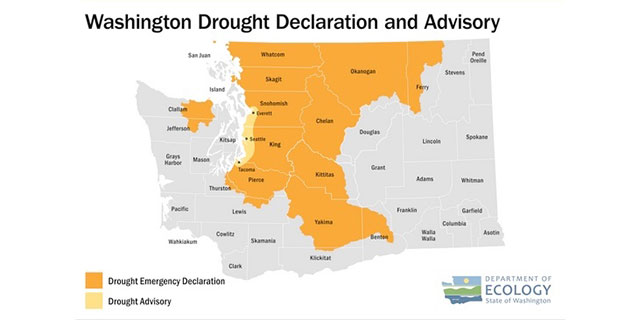Washington counties zero in on tax shift legislation
Published 8:30 am Monday, December 2, 2024

- Solar panels and wind turbines are proposed on Bureau of Land Management land in south-central Idaho.
The Washington State Association of Counties will seek legislation to stop wind and solar installations from saddling people living in agricultural areas with higher property taxes.
WSAC policy director Paul Jewell said rural counties are seeing a significant tax shift as windmills and solar panels depreciate in taxable value each year. Other property taxpayers must pick up the slack to fund public services.
The tax shift will get worse as wind and solar projects age and more are built to fulfill state climate goals, Jewell said. “This is likely an escalating problem,” he said.
Wind and solar projects are reshaping the landscape and the tax burden, particularly in Eastern Washington, where wind and solar installations are usually built on farmland.
Initially, the projects are new and large taxpayers, allowing taxing districts to increase their budgets. Windmills and solar panels, however, lose taxable value every year, regardless of their profitability.
To maintain the higher-level of spending, taxing districts raise property taxes on surrounding properties.
The Vantage wind project in Ellensburg lost about half its taxable value over 10 years, according to WSAC. To maintain the higher level of spending, taxing districts have had to raise property tax rates.
A WSAC task force has been meeting since July to discuss how to tax wind and solar projects in a way that won’t raise taxes for others. The task force will meet in December in hopes of settling on a proposal to lawmakers.
The task force has looked to other states for ideas. Some states tax the electricity produced or collect payments in lieu of taxes. “There wasn’t any perfect solution we could just import into Washington,” Jewell said. “I think we’re going to have to customize one.”
The 60-turbine Vantage wind project, owned by Chicago-based Invenergy, was originally valued in 2010 at $146.5 million based on its construction costs, according to state Board of Tax Appeals records.
The Klickitat County Assessor’s Office valued the turbines at $62.7 million in 2022, while Invenergy placed the value at $26.5 million. The state Board of Tax Appeals settled on a value of $48.9 million, according to tax board records.
Invenergy argued the assessor overestimated how much replacing the turbines would cost. The assessor’s office noted the wind project generated $31.4 million in revenue the year before.
Even assessing wind and solar projects by their revenue can lead to tax shifts. A wind project in Columbia County saw its tax bill fall by $1 million in 2022 because of lower revenue, according to WSAC.
“During COVID, folks weren’t necessarily required to pay their utility bills,” Jewell said. “About a million dollars in property taxes shifted to the local community.”






